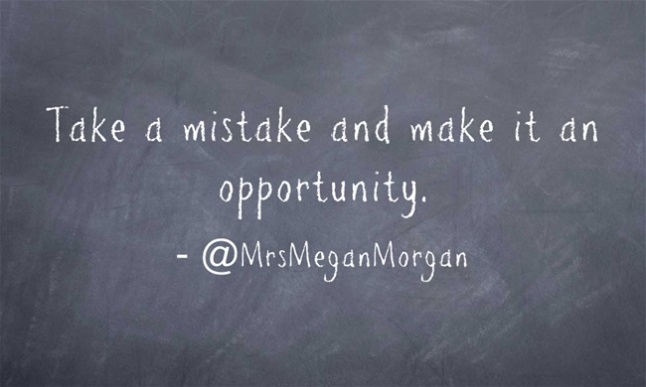This past week has been hard for me and I am sure harder for others. Both events that happened in Orlando had me tears. I thought of every parent that lost a child last weekend. As a parent, my heart broke for every parent in both Orlando situations. Whether you lost your son or daughter in a violent shooting spree or an alligator attack, a part of you is gone. No this blog is not about the heartbreak about losing a child, instead it is about the blame people place on others.
After each horrific event, someone quickly placed the blame on others. I heard politicians blame the other side for the attack. Others blamed the gun industry and the NRA. I read comments where people said the dad did not fight hard enough to keep the alligator from taking his son and others said that they were bad parents.
I think we may want to place blame on someone else because it keeps the idea that we could lose our child that way far away from us. That would not happen to me because….
I want to challenge myself and you, dear readers, when tragedy happens that we stop with the blaming and be empathetic. It could have easily been us instead of someone else.
As I shed my tears this week, I also was uplifted by the acts of kindness done for those who have lost. The line of people giving blood; a city who embraced a family who lost their young son; getting family member the visas they need quickly to be at a loved ones funeral. We are loving, kind and amazing. Sometimes, we just need to look around.


